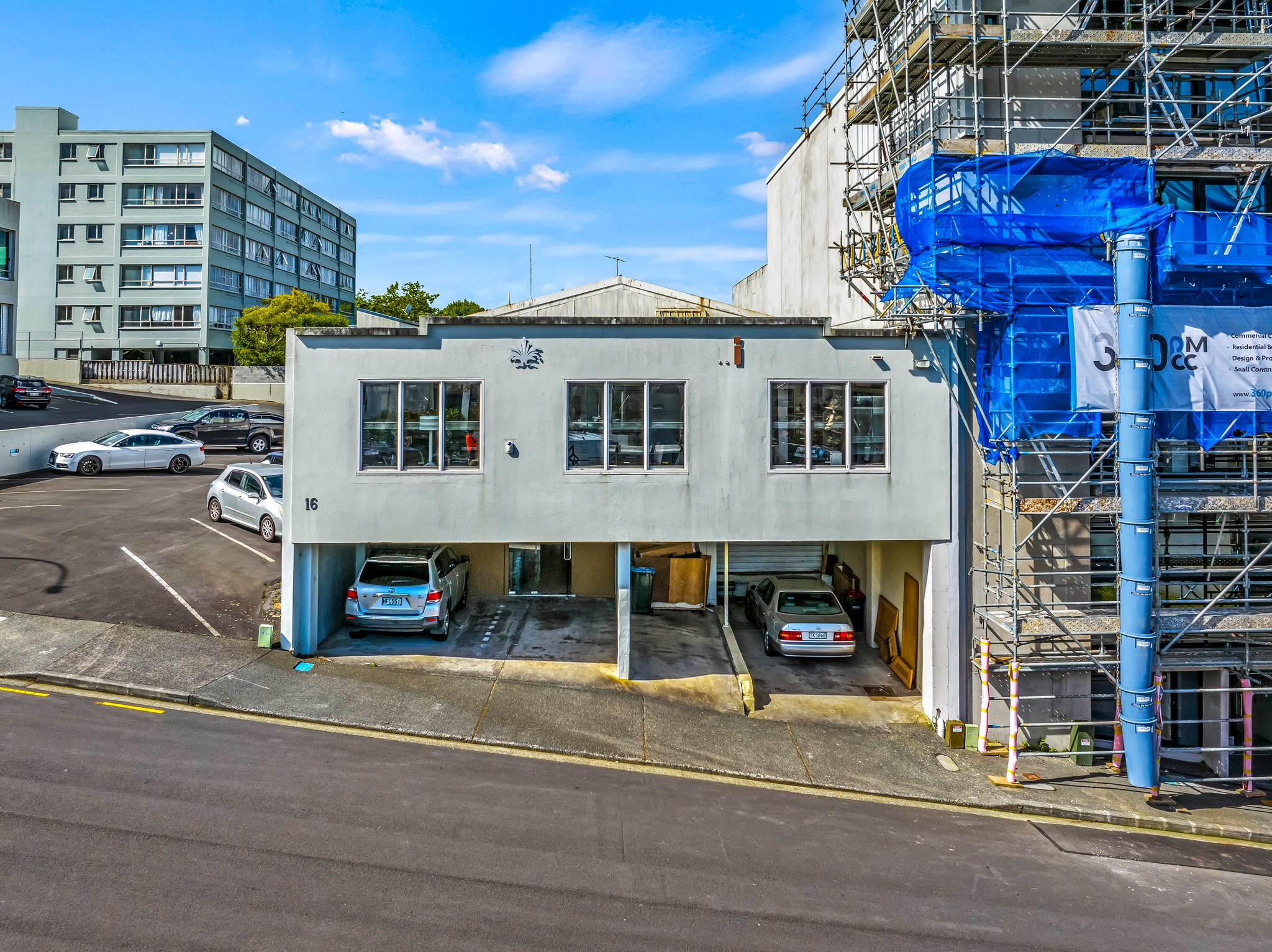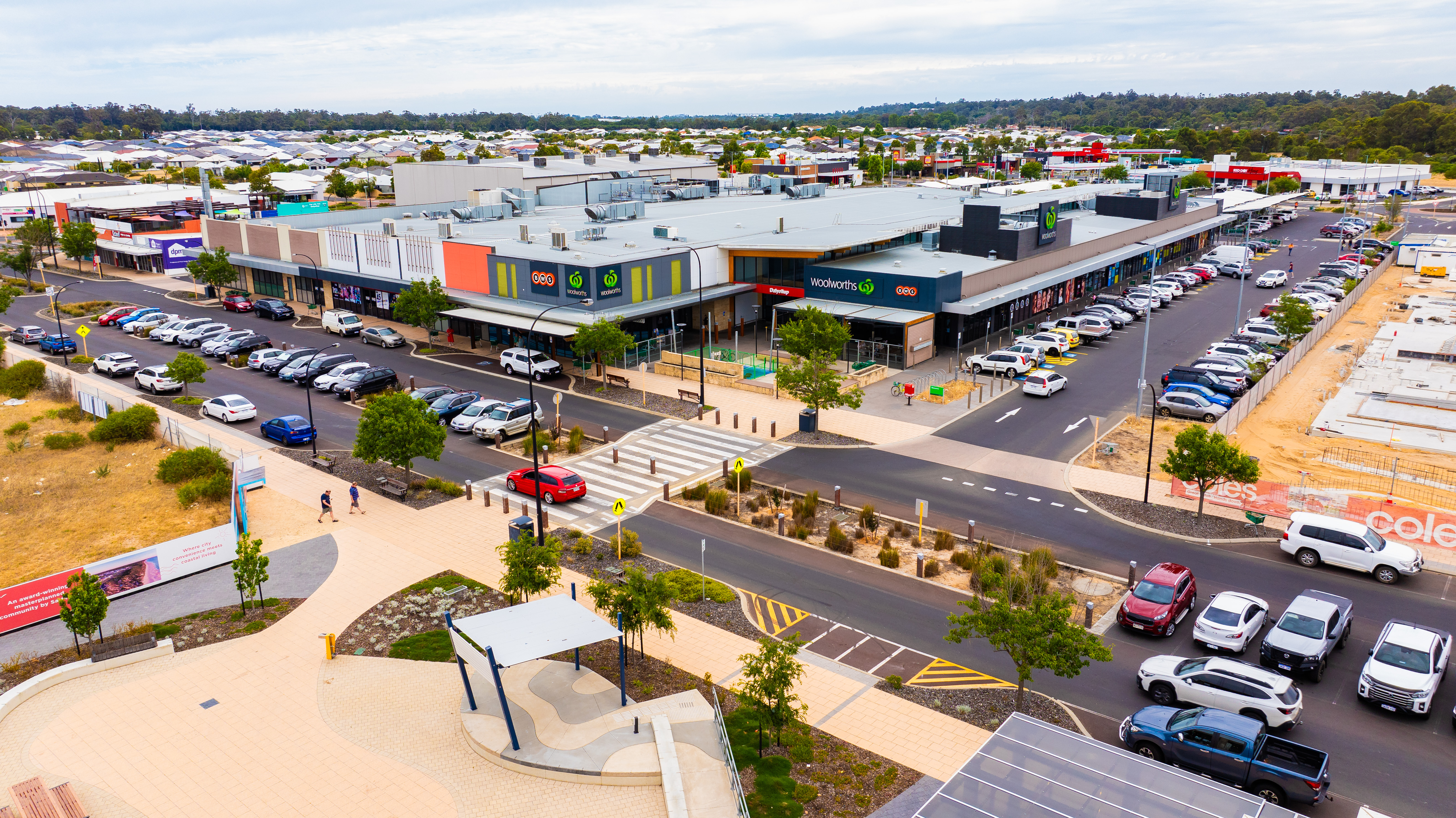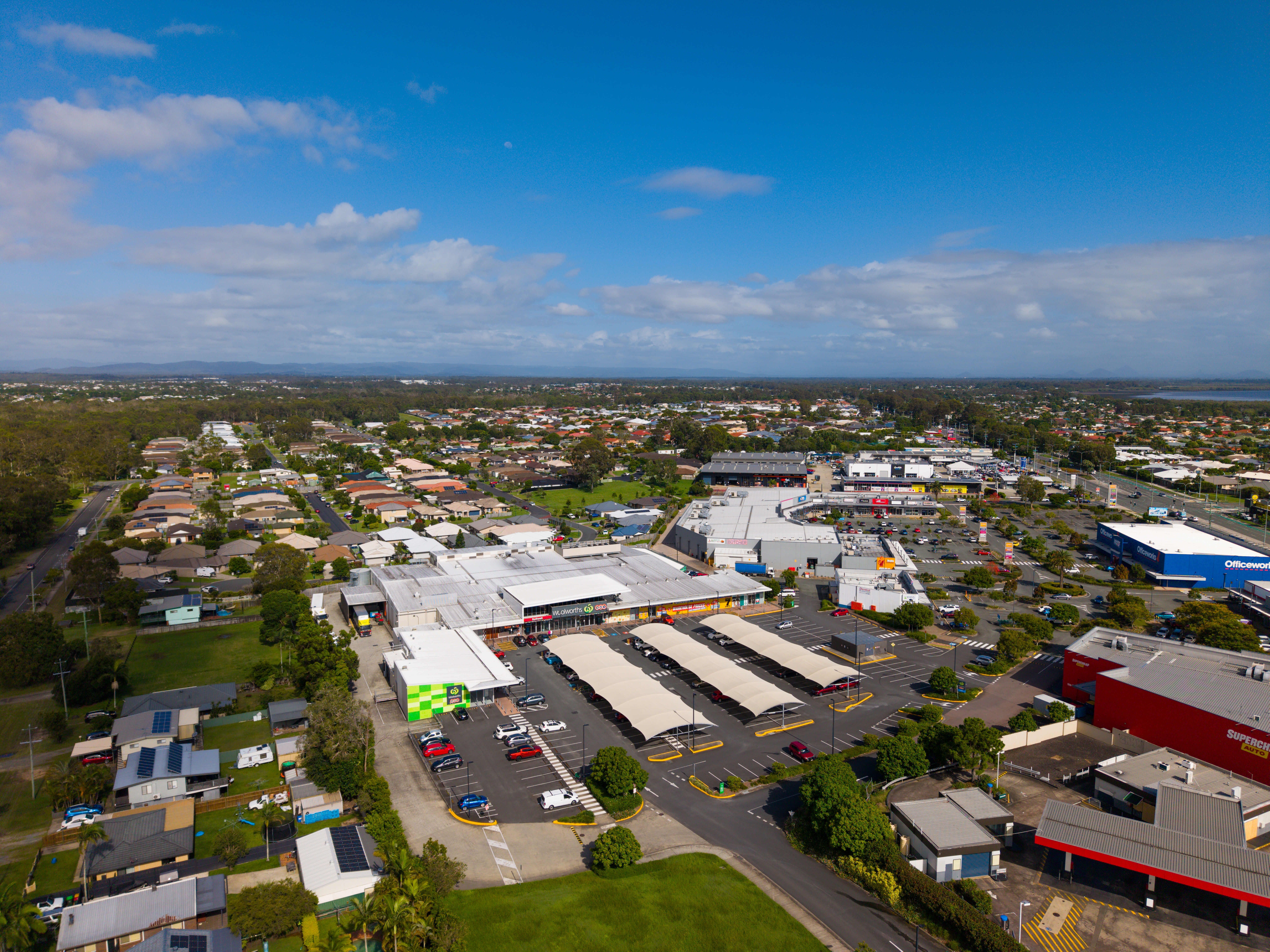Opportunistic investors look for value in retail disruption
Investors are now turning to the opportunities presented by a changing retail market.
As the retail sector continues to be one of the hardest hit from the coronavirus pandemic, investors are starting to look for opportunities within the disruption.
Real estate investment management firm Maya Capital earlier this month launched a new fund targeting retail assets in need of regeneration in the UK, while Rivercrown’s €500 million special situations debt fund is set to target retail and leisure assets across Europe.
Maya Capital’s vehicle aims to acquire £250 million of assets as COVID-19 impacts retailers across multiple sectors. Globally, the apparel industry could see revenue fall 30 percent this year, according to a joint report by Business of Fashion and McKinsey & Company.
The emergence of new specialist vehicles is a sign of things to come, says Mike Bellhouse, head of EMEA retail investment at JLL.
“The COVID-19 pandemic impacted most parts of the retail sector in just a matter of weeks. But up until now, we’ve seen little sign of retail-focused investors actively turning to the opportunities that the disruption has created,” he says.
While COVID-19 has accelerated the demise of some well-known high street retailers, in many markets, including the UK, there was already significant upheaval.
“For some time, there has been the need for fresh capital to come in and take on the challenge of complicated retail, which was no longer sustainable,” says Bellhouse. “There’s also a strong need for specialised asset management platforms to focus on securing the resilience of the best assets.”
While Brookfield recently created a US$5 billion relief fund for retailers impacted by the coronavirus, there are signs that some sector specialists are now ready to act. In the U.S., Goldman Sachs is investing US$3 billion in real estate funds and partnerships which require capital to get to the other side of COVID-19.
Some retail assets have been snapped up by investors keen to capitalise on growing demand in other sectors, such as logistics. Prologis, for example, this year bought a north London retail park from M&G’s shuttered property fund to convert into warehouses.
Looking for more insights? Never miss an update.
The latest news, insights and opportunities from global commercial real estate markets straight to your inbox.
The likes of Pradera Lateral, Pradera’s new UK joint venture with asset manager Lateral Property in the UK, look to deliver much-needed fresh thinking, says Bellhouse.
“There are, of course, retail assets in need of urgent regeneration and repositioning and some assets may be entirely converted. This comes just as we start to see signs that consumers are now returning,” he says.
As non-essential stores reopened their doors in the UK this month, long queues of shoppers formed outside bargain giants Sports Direct and Primark, while across Europe, life is returning to major cities. Pedestrian traffic in Berlin, Dusseldorf, Frankfurt and Hamburg was around 65 percent of its 2019 levels in the first week of June, according to German data firm, Hystreet.
Investment Opportunities
“There is pent up consumer demand for strong brands and that will be noted by both investors with an eye on the long-term credentials of the sector, as well as by those with a more opportunistic approach,” Bellhouse says, adding that discounting of goods by retailers has been less than in 2008.
“Yes, capital expenditure will be needed – but equally so will fresh thinking as the sector emerges from significant disruption.”
Contact Mike Bellhouse
Head of EMEA retail investment at JLLWhat’s your investment ambition?
Uncover opportunities and capital sources all over the world and discover how we can help you achieve your investment goals.




